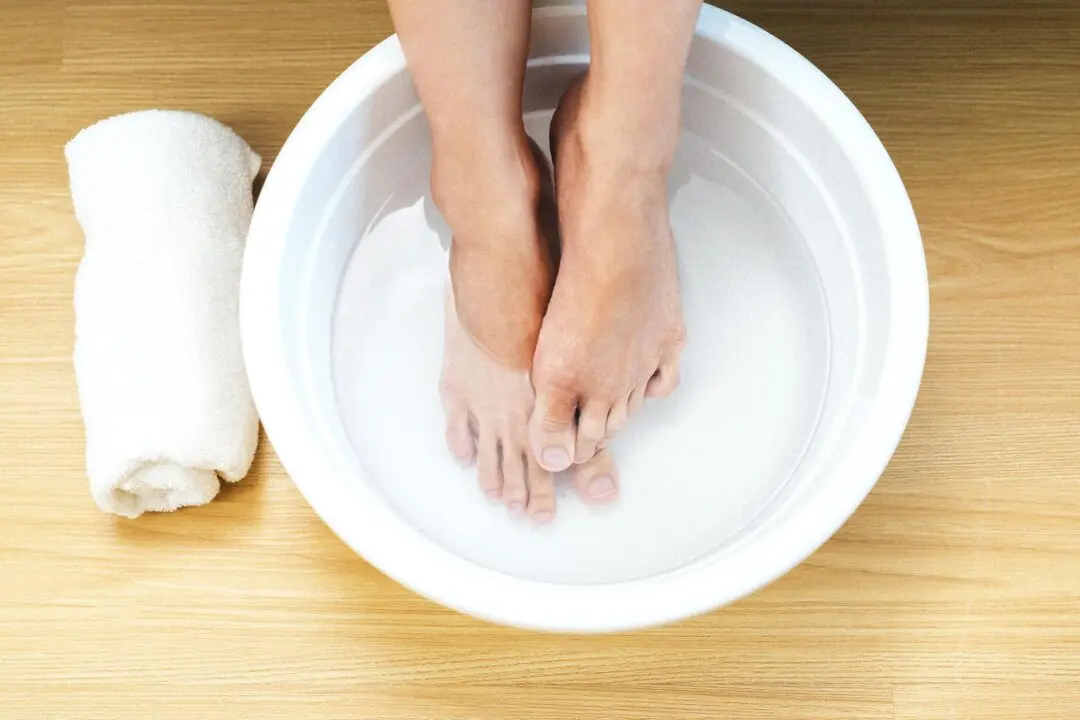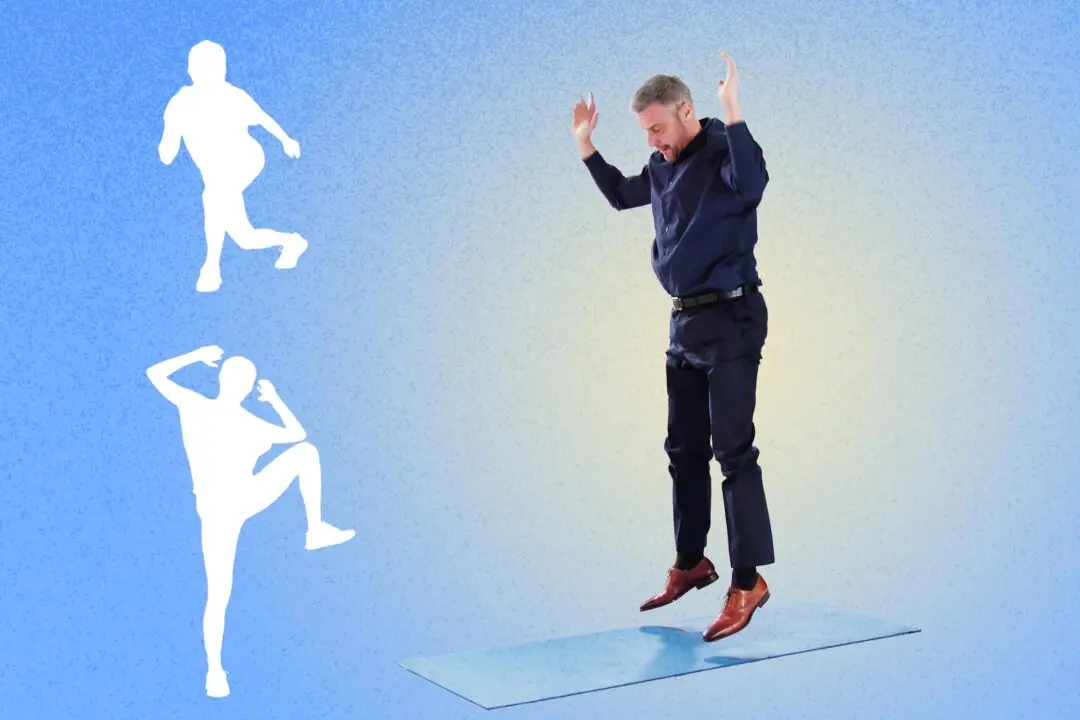To lose weight, many people practice the “168 fasting,” an intermittent fasting method that involves restricting your food intake to an 8-hour window each day and fasting for the remaining 16 hours, but even if it is strictly followed, some find the results less than satisfactory.
When fasting does not work as expected, adding in a certain remedy can double the weight loss effect, Chen Junru, director of Taiwan’s On World Chinese Medicine Specialist Centre, told The Epoch Times.






